Yes, this movie is perfectly in line with the most foreseeable spy movie tropes: Theron’s character is powerful, sexy, smart, and unbelievably fit. She’s edgy yet feminine, insubordinate yet respected. Broughton, like James Bond, is a consistently overdressed badass who manages to both engage in sex-capades and single-handedly fight off hordes of well-armed men with her bare hands. Soviet/KGB stereotypes also run rampant in this movie, particularly when Broughton’s superiors inform her of her mission and she bitterly whispers, “Soviets.”
Other critics might criticize this adherence to the secret agent stereotype, because in regards to the protagonist’s characteristics Atomic Blonde does not offer anything outstandingly novel. I however, find that this is part of what makes the movie so fun. After all, who would go to see a spy movie about an underwhelming, sexually frustrated secret agent?
Furthermore, Broughton’s character manages to be revolutionary in several ways. Like many of Angelina Jolie’s characters (see: the Tomb Raider movies, Wanted, and Salt), Theron’s character subverts sexist stereotypes that women are inherently weak or that they need men to save or seduce them (or both). Importantly, Lorraine Broughton’s sexuality is also addressed with a subtle complexity completely absent in any action film I’ve seen before. When McAvoy’s Agent Percival first appeared onscreen, I rolled my eyes, anticipating that they would fall in love or lust. Sure enough, they soon shared a scene wrought with predictable sexual tension. However, they never slept together--and that’s very important. I commend the writers for not linking the main male and female protagonists just because they’re there.
When the movie eventually does address Broughton’s sexuality, it does so through flashbacks of a past relationship with the agent whose death she is investigating, and later through sex scenes with French agent Delphine Lasalle (Sofia Boutella). I was refreshed to see the depiction of a powerful queer female without her queerness being made into the main spectacle. The film also illustrated a level of depth and complexity in Broughton and Lasalle’s relationship that is totally unprecedented in the realm of spy movies.
As far as the film’s editing, its sound production impressed me the most. Atomic Blonde is rife with 80s music to both remind you of the time period and to establish a fun tone that offsets the movie’s frequent violence (think: “Stuck in the Middle with You” in Reservoir Dogs). Much of the music is diegetic--it is coming from radios, headphones, and stereos within the world of the film. Consequently, the music becomes muffled or stops and restarts intermittently. This was a delightful touch, though at times the source of such music was unclear or inconsistent.
The visual editing was conventional and I didn’t note any particularly daring shots. The set, on the other hand, was beautiful in its dimly lit, neon-punk drabness. The filmmakers did a spectacular job of setting the tense, deeply dissatisfied mood of partitioned Berlin in late 1989. I especially loved the gritty details of the scenery and the way the costume designers turned James McAvoy into a walking manifestation of the city’s punk reputation. My chief complaint about the visuals is the incessant product placement via Charlize Theron (Lorraine Broughton wears “Boy” brand. We get it.).
Go see Atomic Blonde. I doubted it would be worth the hype, but it is. Theron, McAvoy, and Boutella deliver powerhouse performances and are invigorating to watch. Boutella (who stars in The Mummy, which also came out this year) especially stands out, holding her own with her seasoned costars. Atomic Blonde is filled with both unexpected plot twists and exceedingly predictable dialogue, but I’m not sure I’d go see a spy movie expecting anything less.
Grade: A

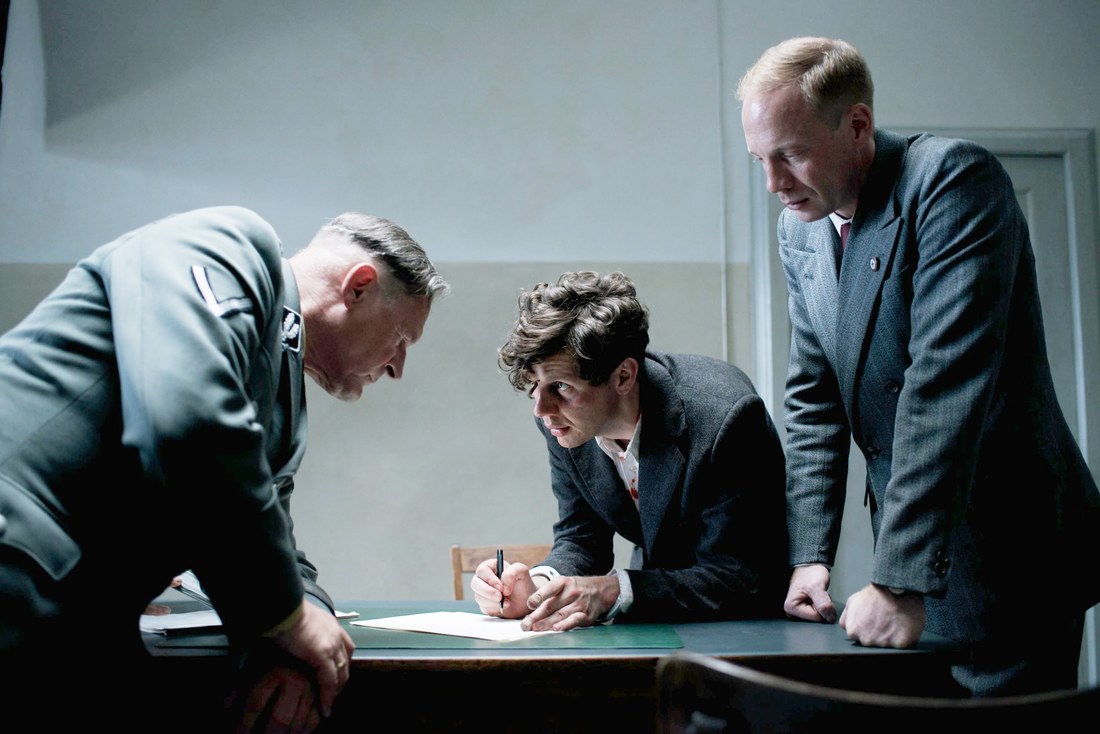
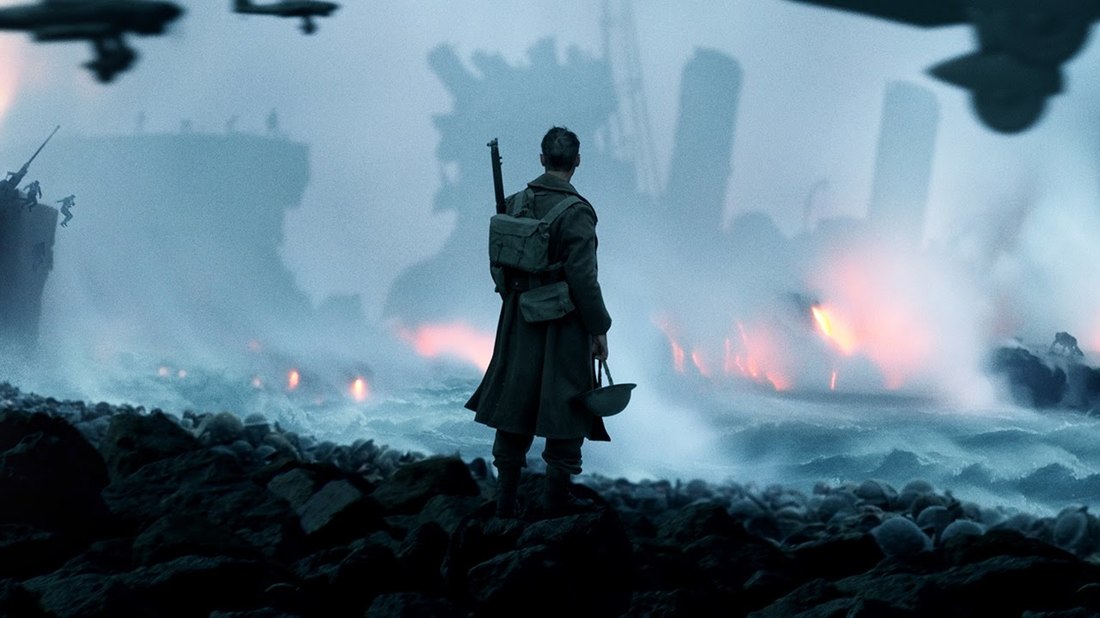
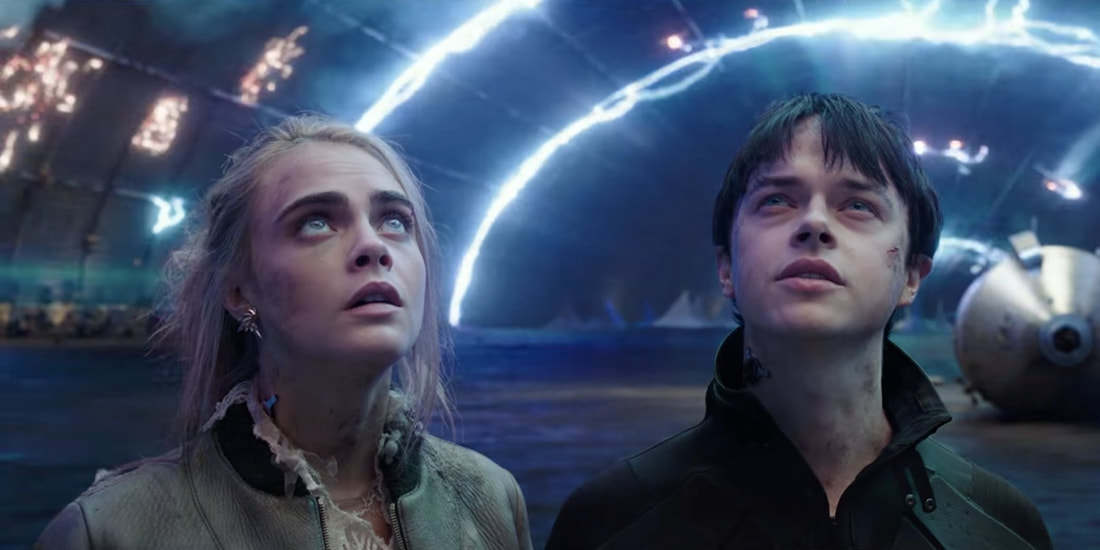
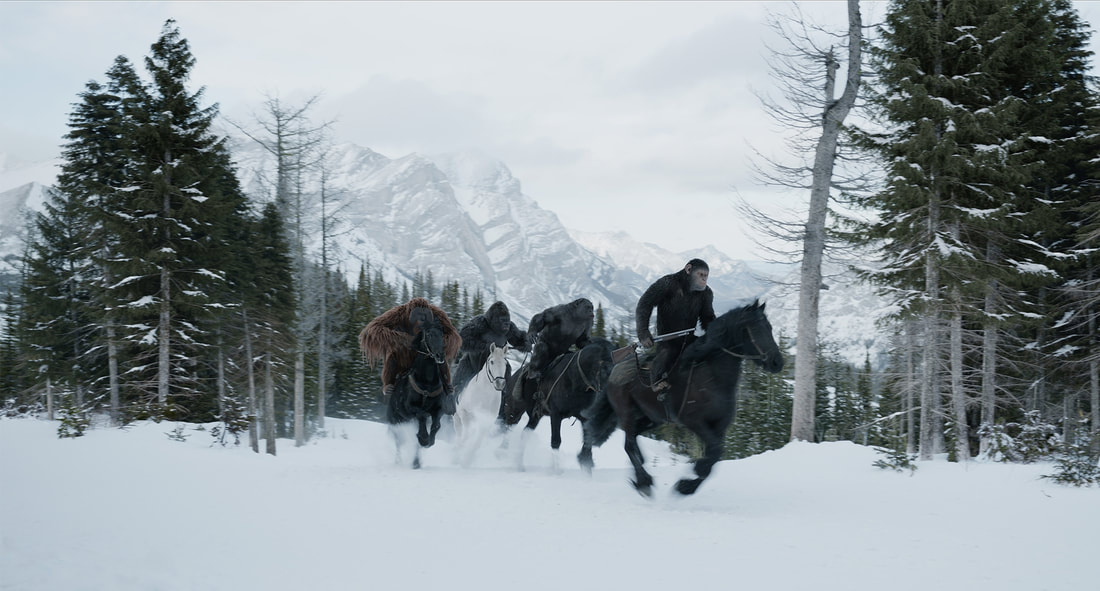
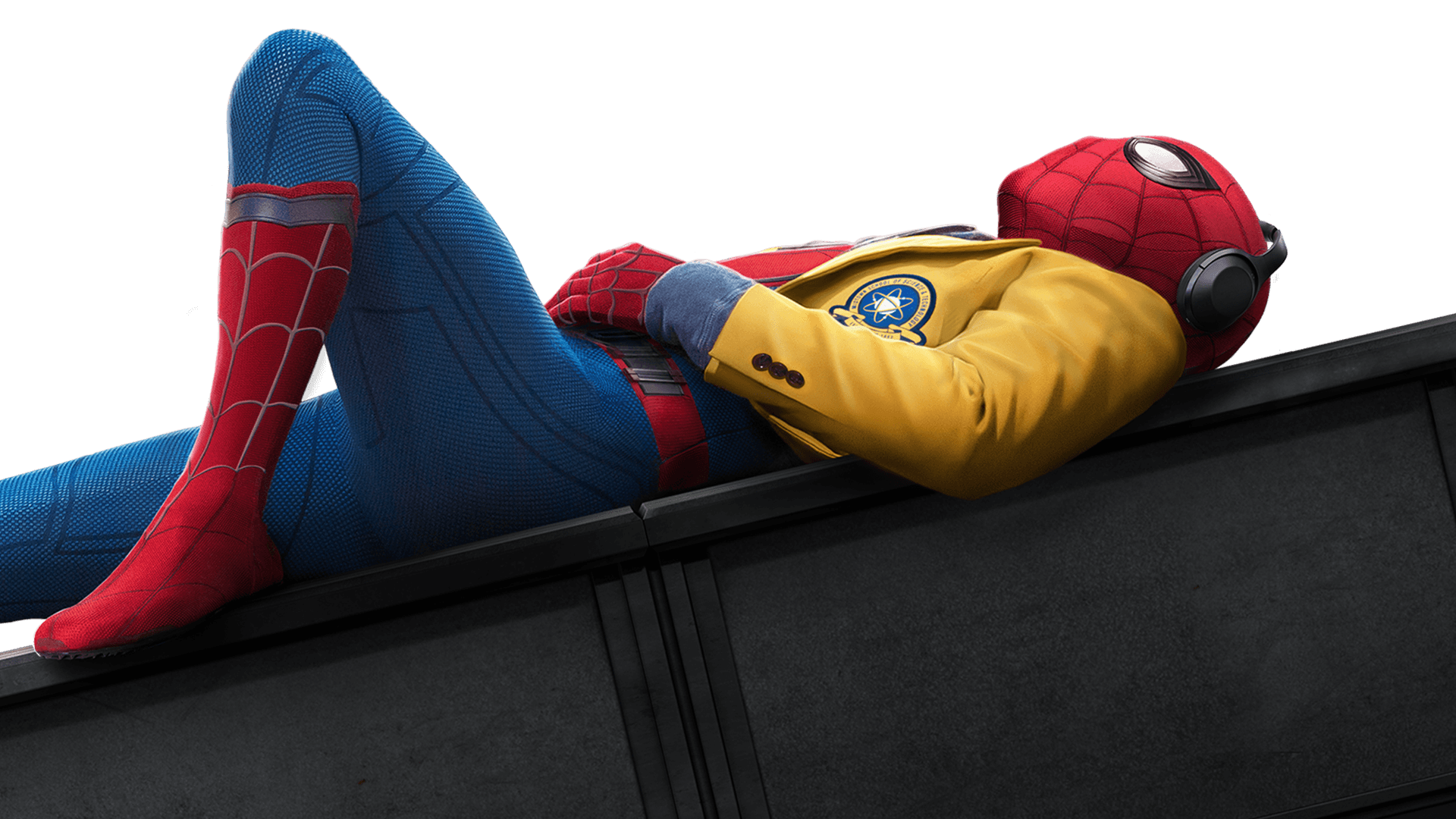
 RSS Feed
RSS Feed
